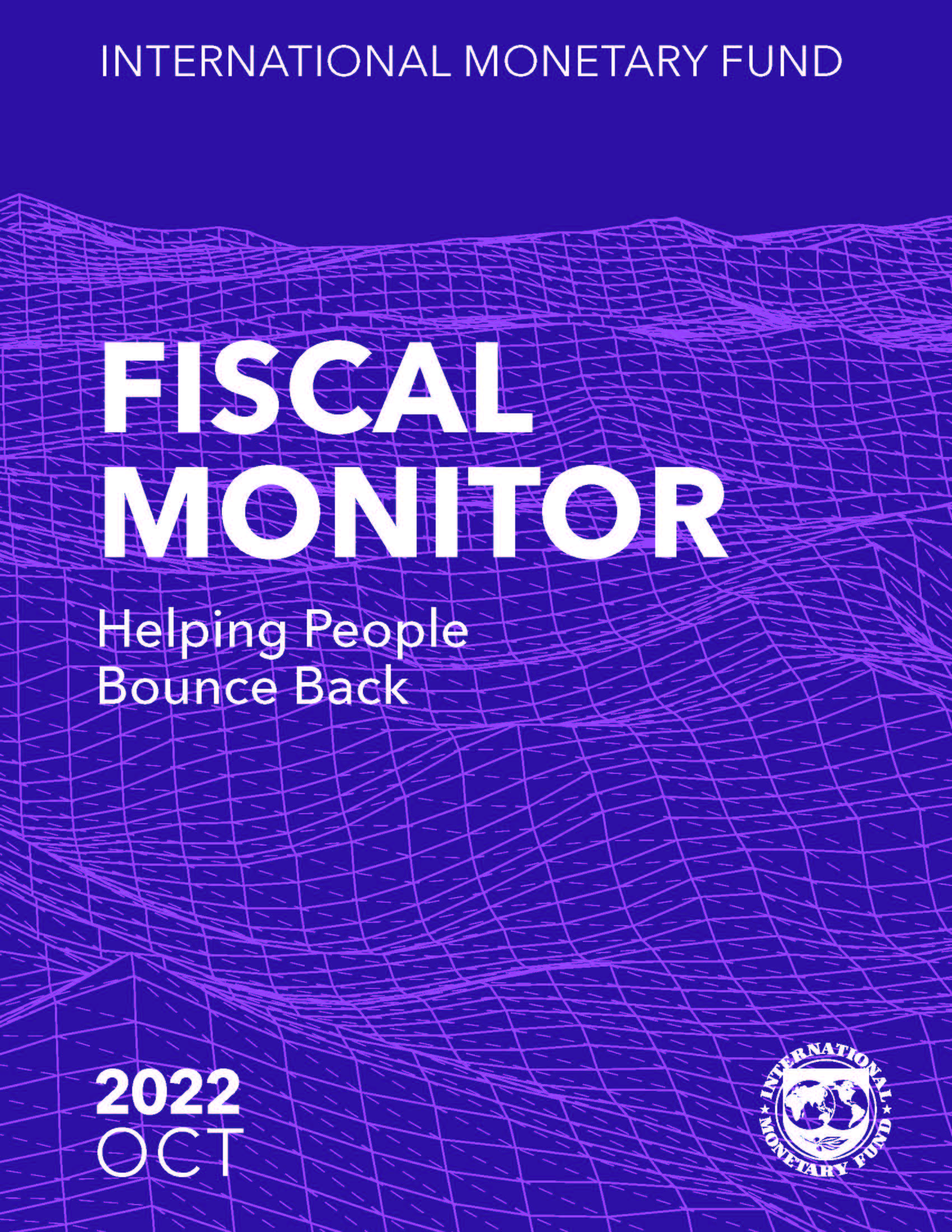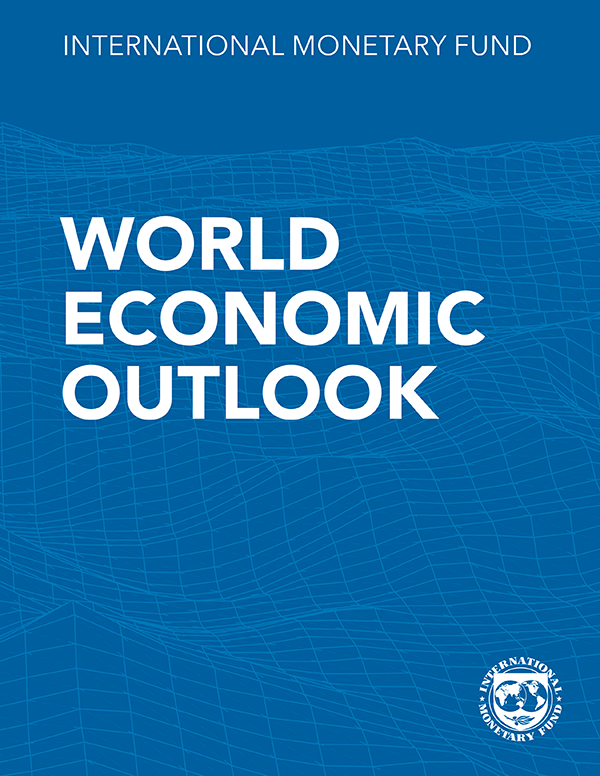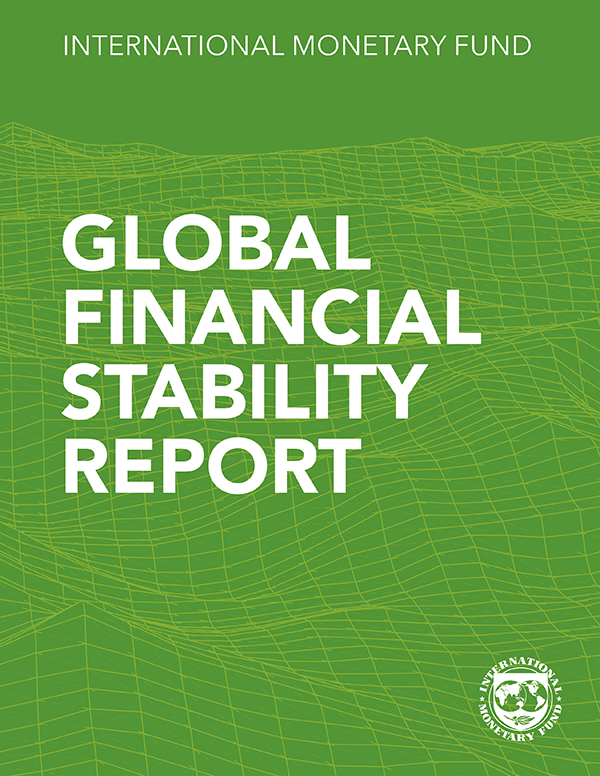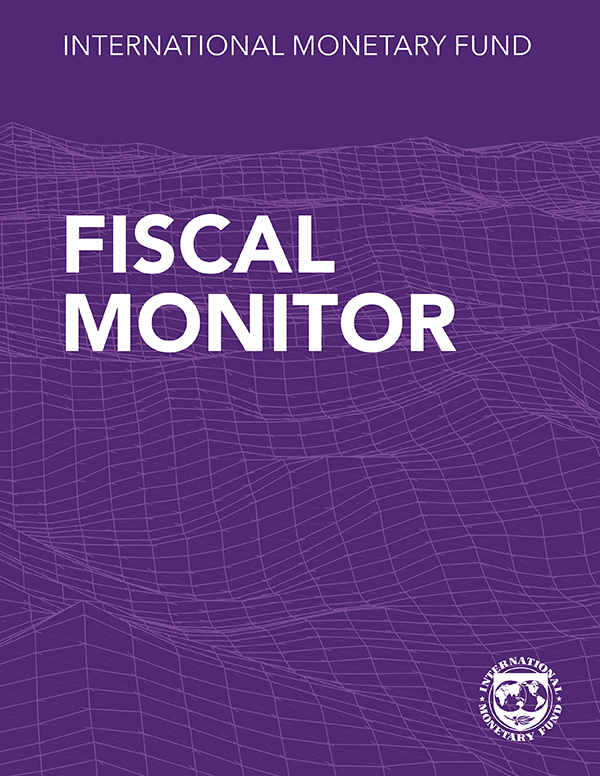Helping People Bounce Back

Governments face increasingly difficult trade-offs in tackling the spikes in food and energy prices when policy buffers are largely exhausted after two years of pandemic. They should prioritize protecting vulnerable groups through targeted support while keeping a tight fiscal stance to help reduce inflation. Building fiscal buffers in normal times would allow governments to respond swiftly and flexibly during adversities. Several fiscal tools, such as job-retention schemes, have proven useful to preserve jobs and income for workers. Social safety nets should be made more readily scalable and better targeted, leveraging digital technologies. Exceptional support to firms should be reserved for severe situations and requires sound fiscal risk management.
Chapter 1: Helping People Bounce Back
Publications

December 2025
Finance & Development
- More Data, Now What?

Annual Report 2025
- Getting to Growth in an Age of Uncertainty

Regional Economic Outlooks
- Latest Issues







